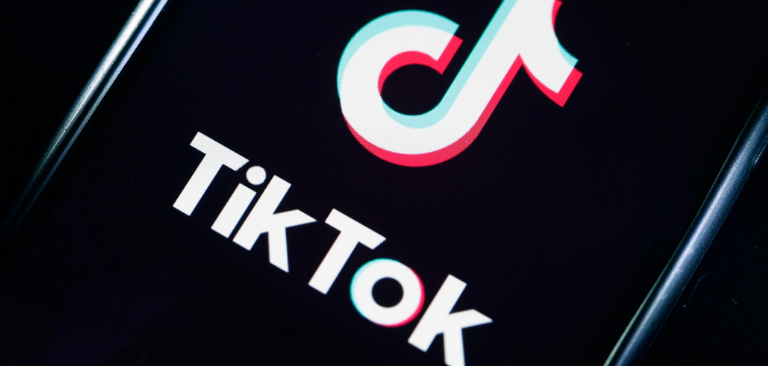A European consumer rights group has filed a complaint with European regulators over TikTok’s violation of users’ rights “on a massive scale.” According to the consumer rights group, the Chinese-based social media platform has an “unfair” copyright policy and its virtual coins system should be investigated.
“In just a few years, TikTok has become one of the most popular social media apps with millions of users across Europe,” said The European Consumer Organisation (BEUC), which is based in Brussels, Belgium.
“But TikTok is letting its users down by breaching their rights,” BEUC continued in a statement announcing that it has filed a complaint with the European commission and other consumer-protection authorities.
BEUC is concerned about TikTok’s “unfair copyright policy. The company allows the usage of copyrighted content without compensating the rights holders.
BEUC is also noted that TikTok sells virtual coins that are exchanged for gifts. The concern here is that the social media platform, owned by Bytedance, has “an absolute right to modify the exchange rate between the coins and the gifts, potentially skewing the financial transaction in its own favor.”
BEUC also reiterated previous warnings about the short-video platform failures in protecting under-age users from potentially harmful content, and exposing them to hidden advertising. The company is already being investigated by the EU for its handling of kids’ personal data. Meanwhile, the company is in discussions with relevant authorities over the security risks of sharing data with the US, one of the issues that came up when former president Donald Trump recommended the banning of the app in the country over links to Beijing.
In an email to Bloomberg, TikTok said it had contacted BEUC to request a meeting to discuss the issues raised.
“Keeping our community safe, especially our younger users, and complying with the laws where we operate are responsibilities we take incredibly seriously,” TikTok wrote in the email.
“We have taken a range of major steps, including making all accounts belonging to users under 16 private by default. We’ve also developed an in-app summary of our privacy policy with vocabulary and a tone of voice that makes it easier for teens to understand our approach to privacy.”













